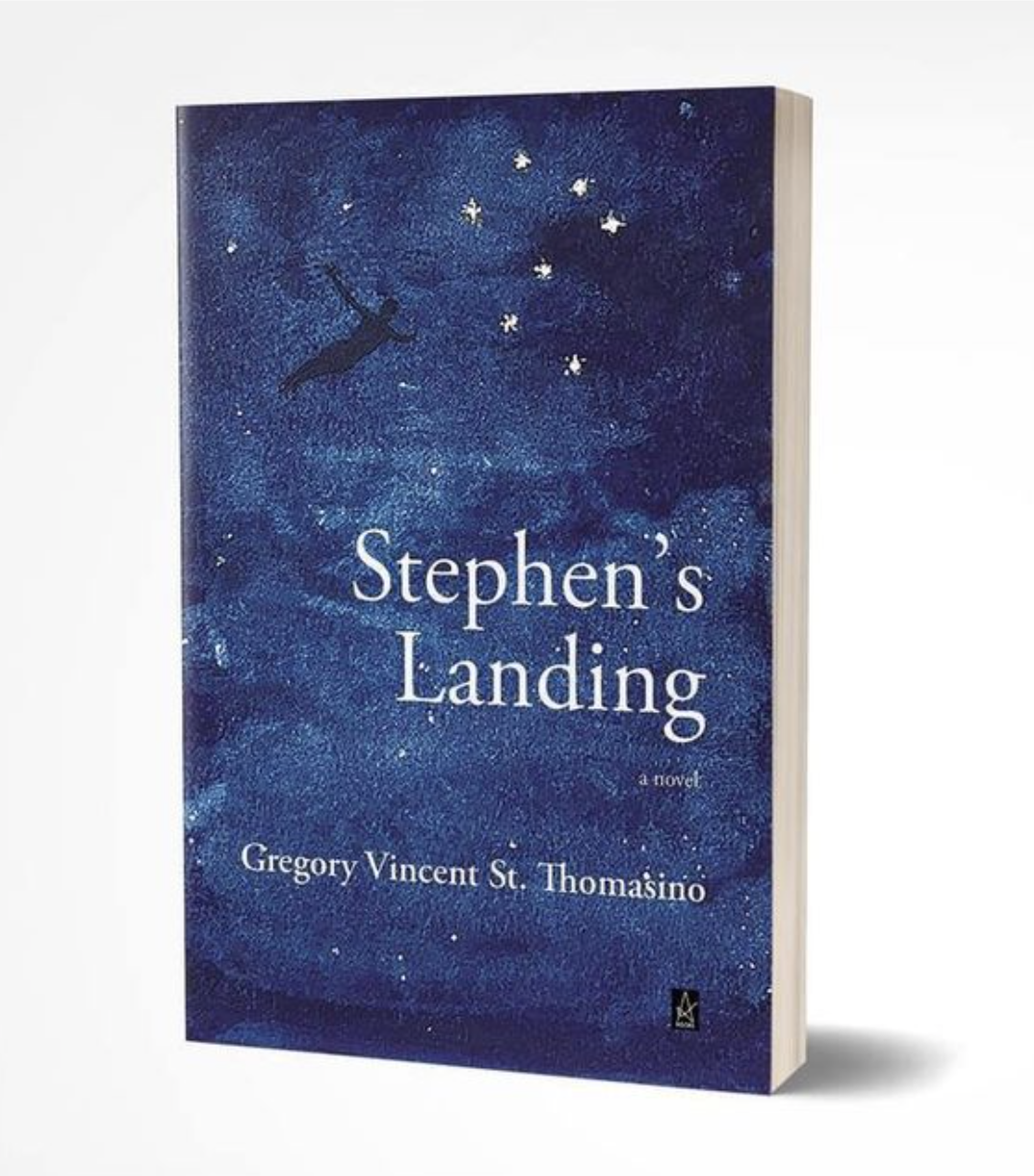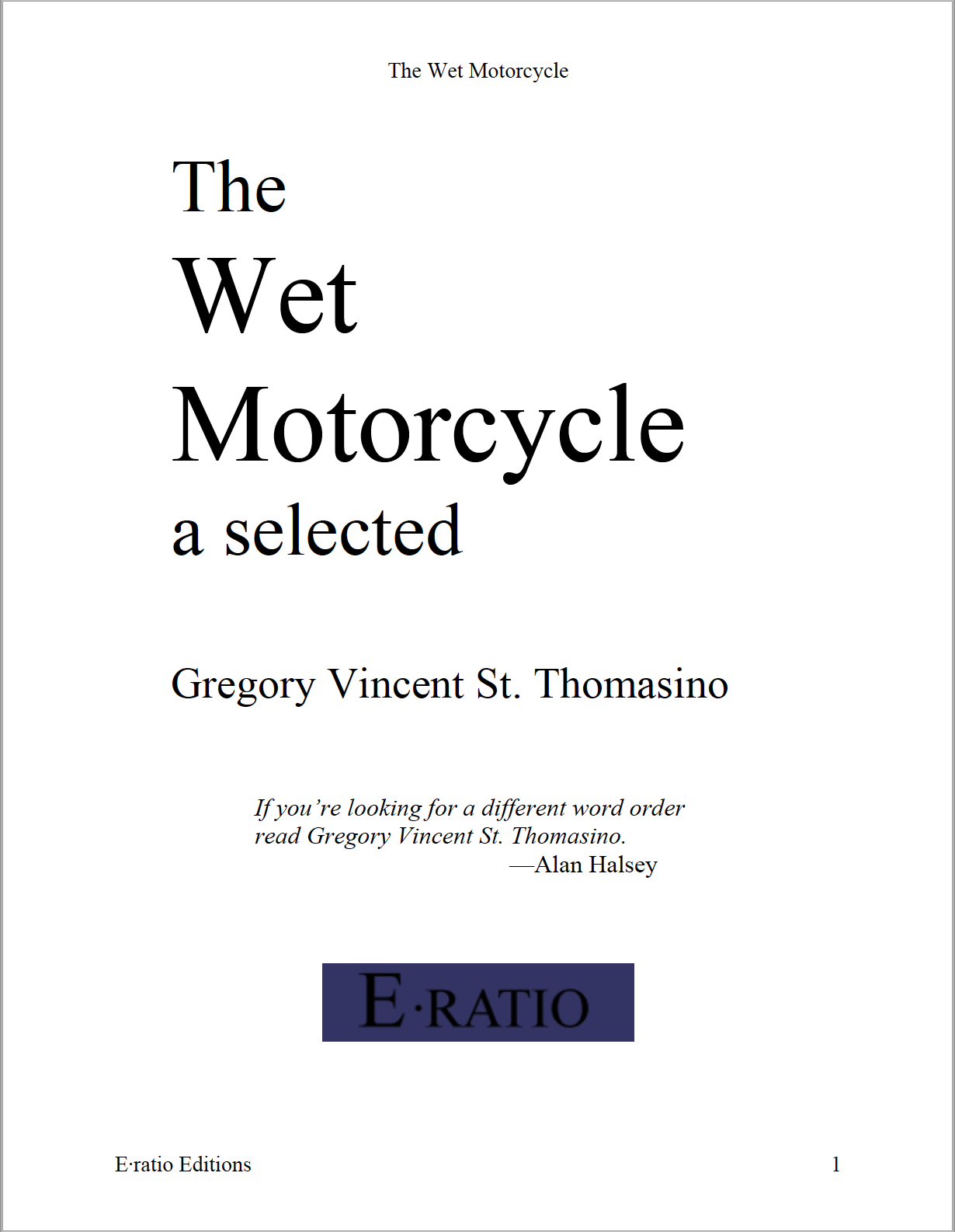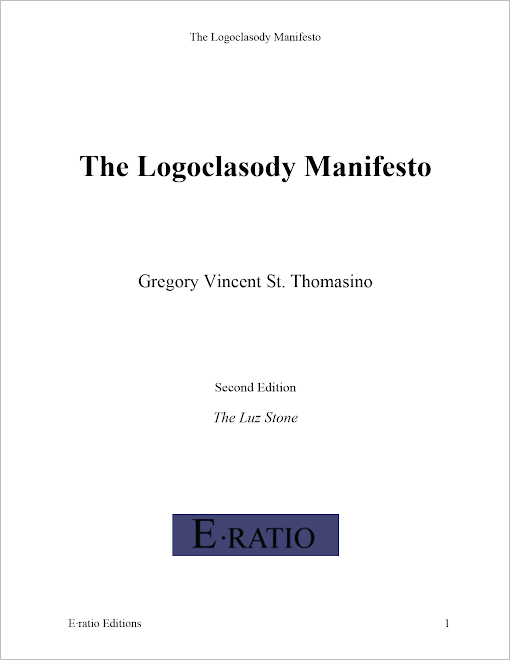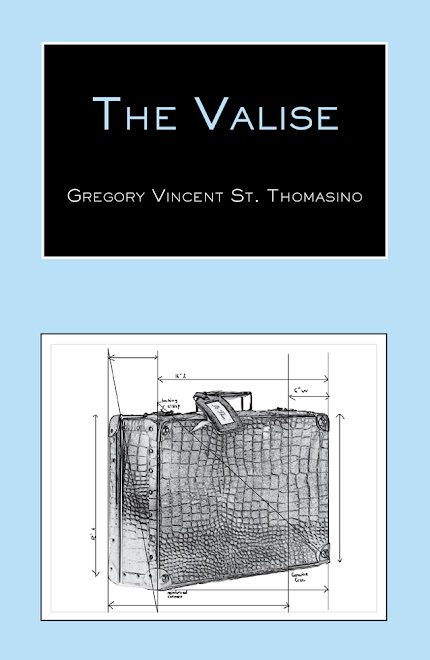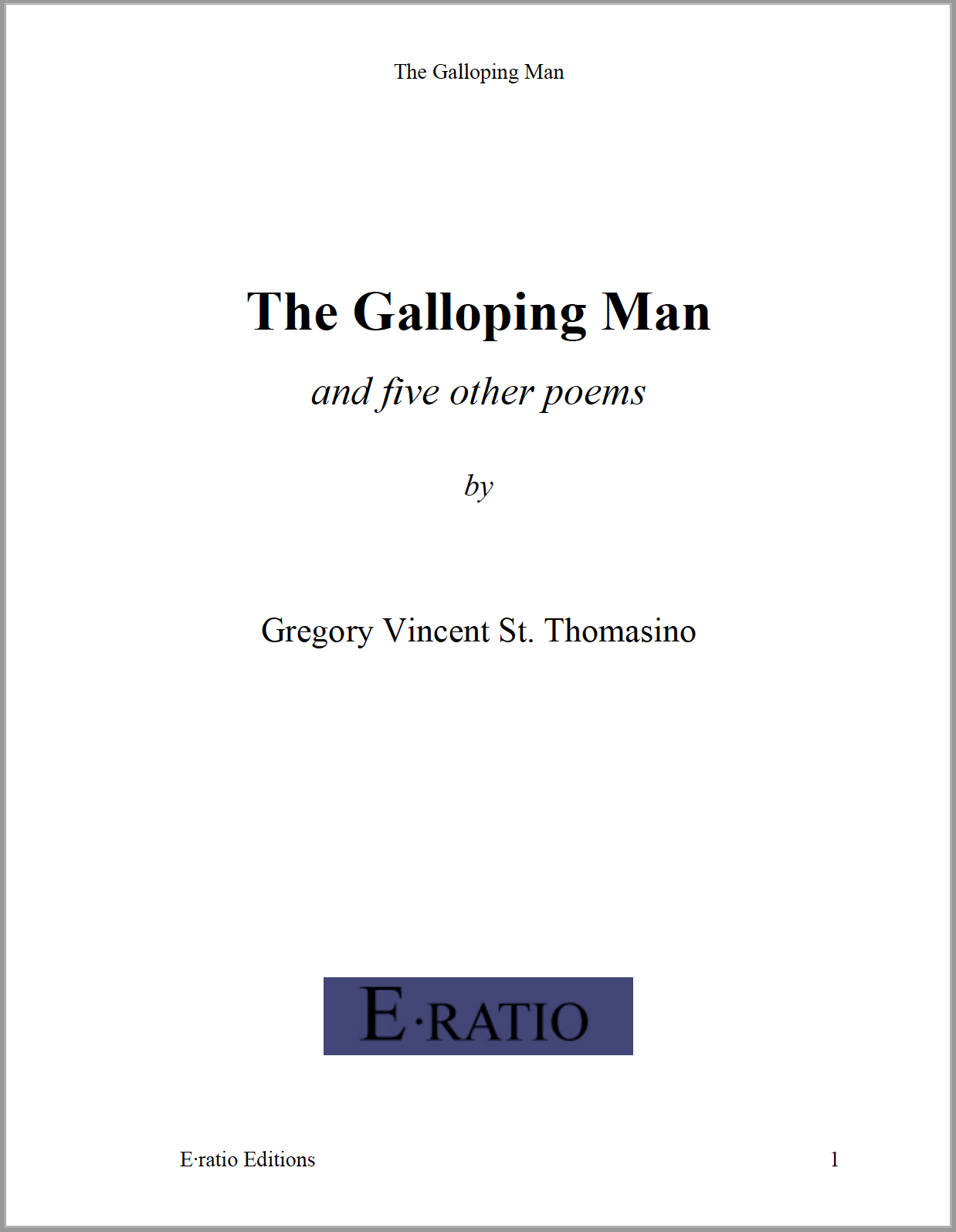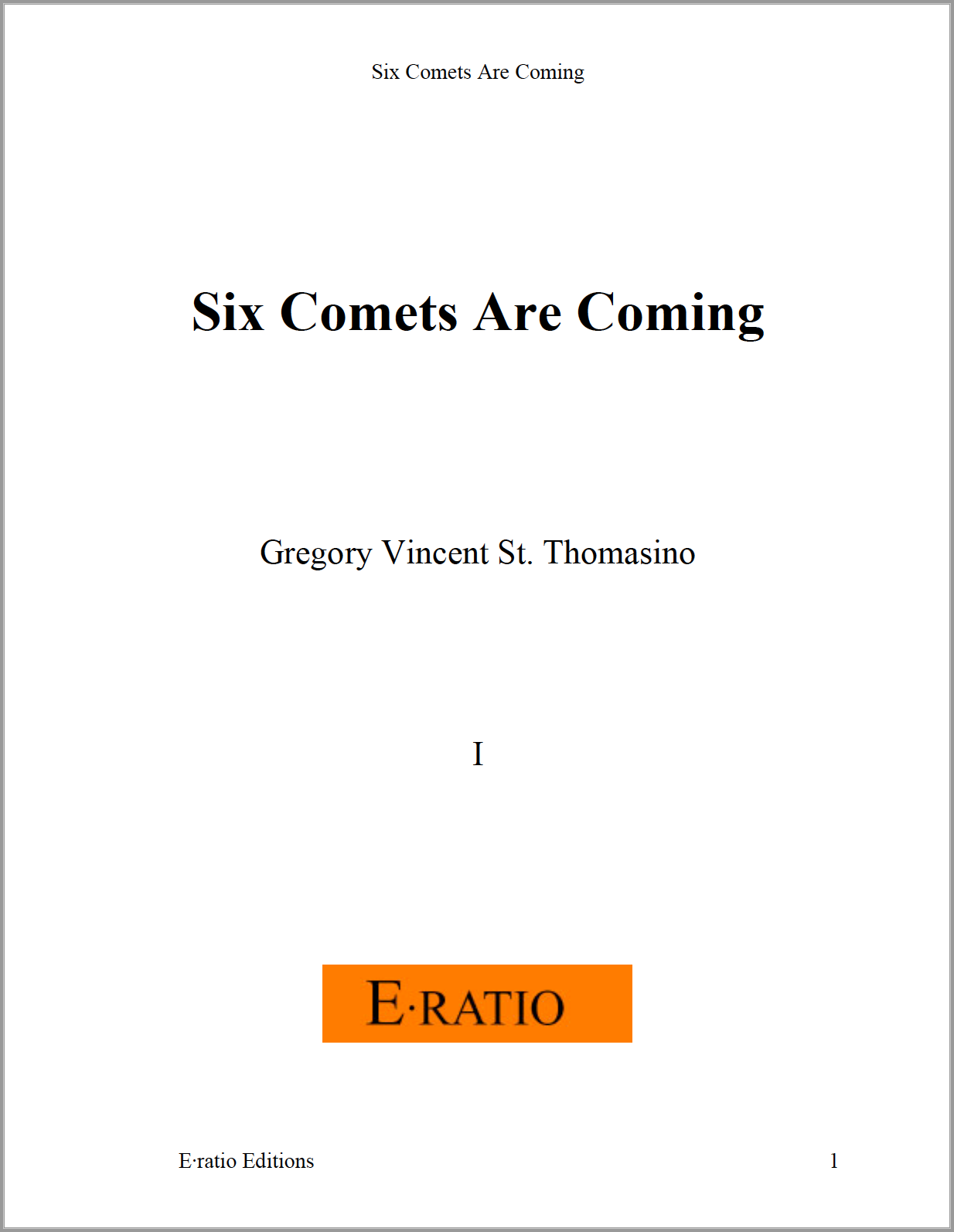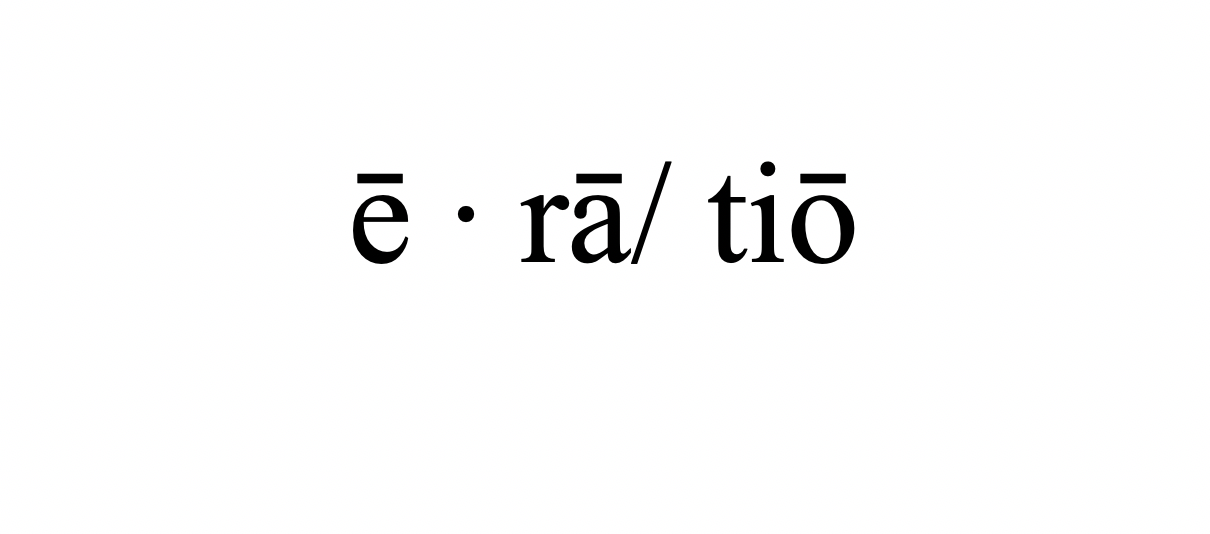Is François Truffaut a better film-maker than Ray Bradbury is a novelist? A nozh scrap any time you say. . . .

Do you know the film Beyond Good and Evil? It was directed by Liliana Cavani, the director of the film, The Night Porter. I saw this film at the Carnegie Hall Cinema (remember that place?) where it played for a week and then disappeared. It has never been released on video or (not to my knowledge, anyway) DVD. I wonder--if you have seen this film and if you have any impressions of it that you would like to share, contact me. I'd love to know, and I'd love to share information on some books that cover the events depicted in this film. (In this film, Erland Josephson plays Friedrich Nietzsche and Dominique Sanda plays Lou Salomé.) About the events depicted in this film, specifically the chaste ménage à trois, we know for certain, thanks to Rudolph Binion, that it never happened--Lou's winter plan for studying natural science was not meant to be. Nietzsche and Lou's climb up the Monte Sacro is indeed in the film. Rudolph Binion's book is Frau Lou: Nietzsche's Wayward Disciple (1968, Princeton University Press). Binion's book is, really, quite excellent. Without a doubt, the best scholars to read on Nietzsche are Hollingdale, Kaufmann, Binion and then and only then of course Martin Heidegger and Joan Stambaugh. I have two reviews of Beyond Good and Evil, one by Janet Maslin from The New York Times, and the other by Ernest Leogrande from The Daily News. I would imagine there exists a review from The Village Voice. I would love to have copies of any reviews of this film! Yes, I do have the soundtrack on CD, entitled Al di là del bene e del male. And yes, I am aware of the commentary that appears on the IMDb; however that commentary is in error, specifically the description "love, bisexual triangle." This is not the portrayal in the film, and most importantly there is no evidence for this in the scholarship. Two important points to be noted at the IMDb, however, are (1) it lists the year of the film as 1977 (I saw it in 1984), and (2) it lists the running time as 130 minutes, while the cut (?) I saw was 106 minutes. I do not consider the IMDb a reliable source for information.
(Yes, I do know about The Enigma Library. I even have a color photocopy of it (of the place, which is a not-so-big room with every book ever written on Nietzsche in it)! No, I have not been there. Contact me and I'll give you the address.)
I am aware of the novel, When Nietzsche Wept. But, first, I don't read "everything" to do with Nietzsche (that would be, um, unusual?) and, second, I gave up reading these sorts of novels after D. M. Thomas' The White Hotel. I am aware this novel has been made into a film, but I've been advised to avoid it, that it is as ridiculous as Nicolas Roeg's Insignificance. Now I like Nicolas Roeg a lot, I even like Bad Timing, I even like Art Garfunkel. Do you know the film, Boxing Helena? Then picture Art Garfunkel in the role taken by Julian Sands. (This is something I like to do: Now picture Shirley MacLaine in Bullets Over Broadway, in the role taken by Dianne Wiest. 'Nuff said.)
(Update. Of sorts. Dec. 2008. I have seen the film When Nietzsche Wept, it played on cable and it was convenient so I took a look. I think at the heart of this film, this is a film about Josef Breuer, not Nietzsche. The Breuer character is much better written, and played, I would venture, although I have never seen another depiction of Breuer so I don't have another to compare it to. On Breuer, "He was the coauthor with Freud of Studies on Hysteria. Breuer's famous case, Fraulein Anna O., was one of the starting points that led to psychoanalysis." That's from The Life and Work of Sigmund Freud by Ernest Jones. So, wow, gee whiz, this film is inept on very technical level. The money is there, but the film is artless--this film can't even fake it. The instant Lou Salomé appears, you know something is terribly inept simply by her appearance. The opera scenes are cast right out of Bocca Vista Phase IV--indeed what happens in these scenes is an unintentional breaking of the fourth wall. Breuer deserves better. As for Nietzsche, he's left the building.)
Do you know the book, Young Nietzsche? Young Nietzsche: Becoming a Genius. It is by Carl Pletsch. Herr Professor Dr. Carl Pletsch has been kind enough to provide for us a photograph of himself on the book's dust-jacket. Now, I've read the book cover to cover but I want you to forget about that. I want you to look at this photo of Carl Pletsch, and know that here: nobody, no way, no how, WHO LOOKS LIKE THIS could ever have balls big enough to "get," let alone understand, let alone appreciate and acknowledge his smallness beside the man and the philosophy that is our favorite super hero, Friedrich Nietzsche.


A more accessible/available film, if you wish to see dramatic depictions of Nietzsche, is Tony Palmer's nine hour-plus epic, Wagner, with Richard Burton as Richard Wagner and Ronald Pickup as Nietzsche. This film is now available, uncut, on Kultur DVD. Bearing in mind that Nietzsche was only 24 when he first met Wagner, and when he first visited Wagner at Tribschen, Ronald Pickup does seem a bit mature for the role, but he looks and sounds terrific, and the scene of him (Nietzsche) on the battlefield articulating the idea of the will to power is thrilling cinema. (If you know the Writers and Readers book, Nietzsche for Beginners, you know--or maybe you don't know--that some of the cartoons in that book are taken from images in this film. And you also know--or maybe you don't know--that that book is "junk scholarship.")

Cover (no, for real!) of a paperback (technically a "trade paper") published by The Wisdom Library (a division of The Philosophical Library, don't you know) in 1965 that is a compilation of speeches, addresses and statements made by, and articles about, Martin Heidegger over the course of 1933 into early 1934 and that were all published in various German newspapers and journals of the time. Included is "The University Under the New Reich," from July, 1933. NB This is not a book by Martin Heidegger, but about Martin Heidegger.
Here is a very short sample article:
BEGINNING OF TERM AT
FREIBURG UNIVERSITY*
The Rector of the University, Professor Heidegger, has recommenced his lectures. Last semester Professor Heidegger did not lecture. His lectures on the Foundations of Philosophy are sure to be well attended.
* Der Alemanne, May 5, 1933, page 9.
e·







